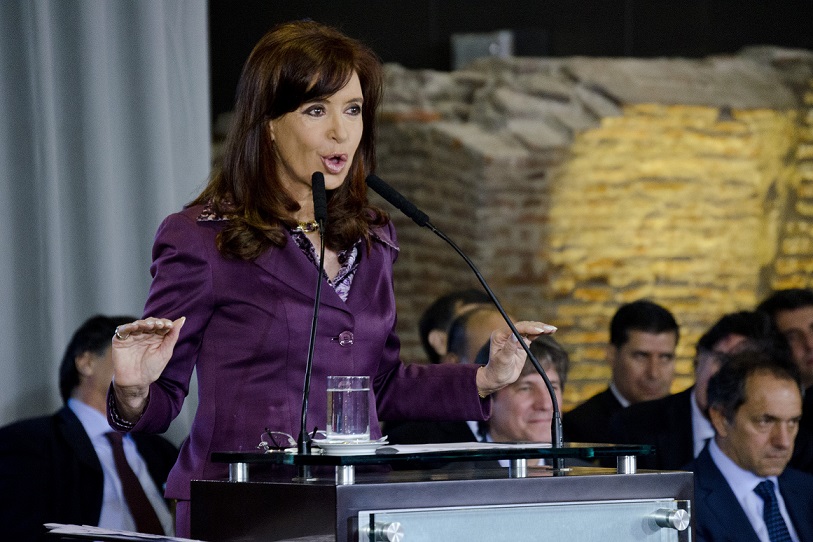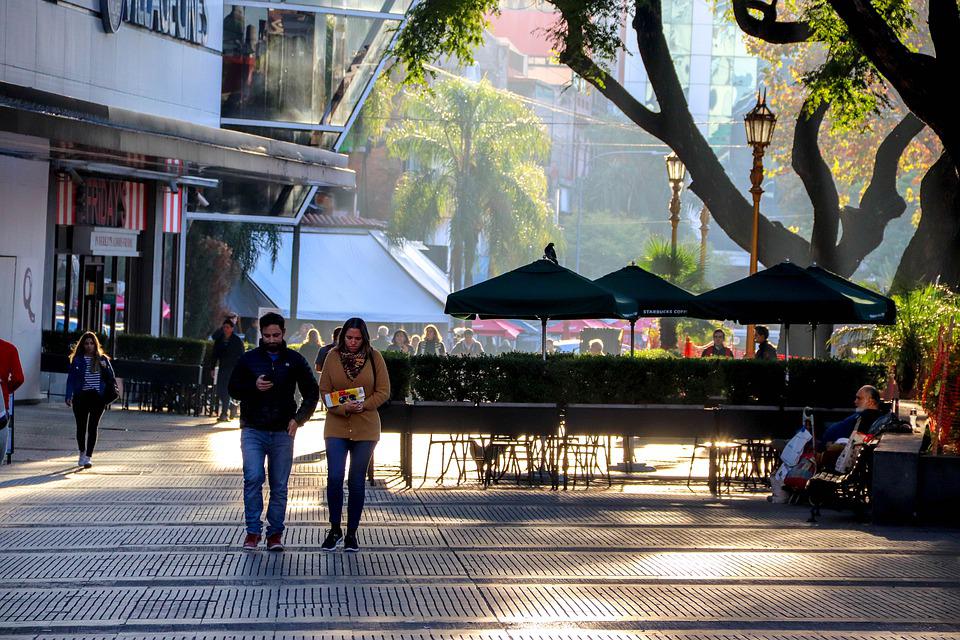With just a few months to go before Argentina’s elections, powerful groups are looking to shake the table and see if everything comes crashing down, provoking a deep social crisis

Glenda Arcia
According to analyst Luis Bruschtein, Argentinian President Alberto Fernández’s decision not to seek re-election in the general election on 22 October, “appears to be forced by strong, destabilising pressure coming from internal processes within the Frente de Todos (FdT) party”.
The FdT must now set out an attractive proposal that wins back voters lost in the 2021 legislative elections, most of who abstained rather than support Juntos por el Cambio, Bruschtein says.
Against this backdrop, another concern is the possible rise of extremist groups, such as La Libertad Avanza, led by Javier Milei, who is capable of denying the crimes perpetrated during the country’s last civil-military dictatorship (1976-1983).
Recently, Secretary-General of the Argentine Workers’ Central Union (CTA) and FdT member in the Chamber of Deputies, Hugo Yasky, accused the opposition of attempting to crash the market, cause economic catastrophe and massively devalue the Argentine peso by considerably raising the value of the dollar in the informal market.
 “There are very powerful groups who want to shake the table and see if everything comes crashing down, provoking a deep social crisis. This is the scenario they need to justify the nonsense spouted by Milei, Patricia Bullrich and Macri (Juntos por el Cambio). They are discussing how to disarm our people,” he says.
“There are very powerful groups who want to shake the table and see if everything comes crashing down, provoking a deep social crisis. This is the scenario they need to justify the nonsense spouted by Milei, Patricia Bullrich and Macri (Juntos por el Cambio). They are discussing how to disarm our people,” he says.
Over the last few weeks, these and other leaders who oppose the FdT exposed their plans for the country and proposed measures centred on adjustment, devaluation, removal of social programmes and subsidies, closure of small and medium enterprises and even the dollarisation of the economy.
Roberto Bacman, from the Centre for Public Opinion Studies, has stated that the FdT must resolve three unknowns: first, the president’s participation in the election; second, whether the vice-president will stand; and third, the position to be assumed by Economy Minister Sergio Massa, also considered a possible candidate.
Moreover, it must decide if it will opt for a consensus candidate or go for open, simultaneous and obligatory primaries, known as PASO primaries. Although the head of state has expressed his support for PASO primaries, analysts like Bacman think that opening up an internal debate could be very damaging.
 Nevertheless, others feel that such primaries could be a breath of fresh air in this context.
Nevertheless, others feel that such primaries could be a breath of fresh air in this context.
According to opinions gathered by journalist Raúl Kollman, several advisers agree that Cristina Fernández should take the lead in setting out the formulas and next steps.
While many consider her the best candidate, Cristina Fernández has announced that she will not stand for office to avoid having a situation where the Peronist candidate is banned.
Fernández’s announcement comes in a complex context, marked by high inflation and attempts by opposition groups to provoke a run on the exchange rate, which has been denounced by the FdT and organizations like the CTA.
Since coming into power, the FdT coalition has faced a range of challenges, including the Covid-19 pandemic, the impact of the war in Ukraine, hate speech and violence, and an assassination attempt and legal prosecution against vice-president Cristina Fernández. PL
(Translated by Rebecca Ndhlovu) – Photos: Pixabay












.jpg)












